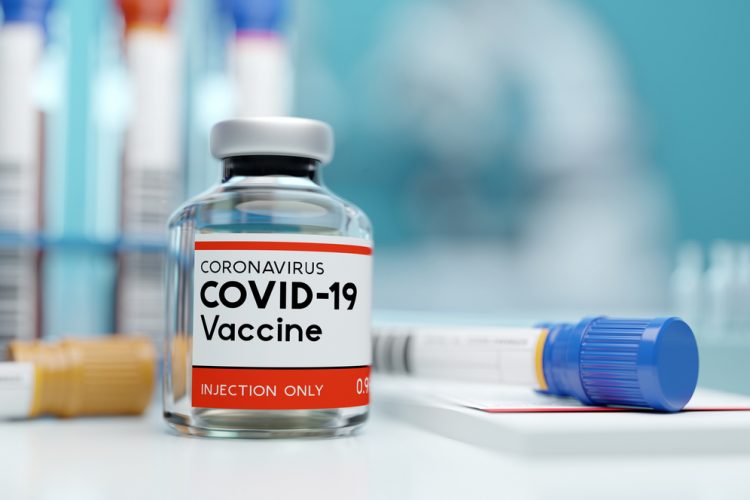Replication proteins a potential new target for COVID-19 vaccines
Posted: 12 November 2021 | Anna Begley (Drug Target Review) | No comments yet
A new study claims that future COVID-19 vaccines should activate T cells to attack infected cells expressing replication proteins.


The next generation vaccines for COVID-19 should aim to induce an immune response against ‘replication proteins’, essential for the very earliest stages of the viral cycle, researchers at University College London (UCL), UK, have concluded.
According to the team, by designing vaccines that activate T cells to attack infected cells expressing this part of the virus’s internal machinery, it may be possible to eliminate SARS-CoV-2 at the very outset, thereby helping stop its spread.
This discovery stems from an observational study, COVIDsortium, which analysed the immune responses in a large cohort of London-based healthcare workers from the start of the first UK pandemic wave. Rather than having avoided infection completely, a subset of healthcare workers appeared to have experienced a transient low-level infection, not detectable by routine tests, but which generated T cells specific to SARS-CoV-2; compatible with this, the same individuals also had a low-level increase in another blood marker of viral infection.
“We know that some individuals remain uninfected despite having likely exposure to the virus. What we did not know is whether these individuals really did manage to completely avoid the virus or whether they naturally cleared the virus before it was detectable by routine tests,” commented lead author Dr Leo Swadling. “By intensively monitoring health care workers for signs of infection and immune responses, we identified a minority with this particular SARS-CoV-2 specific T cell response. What is really informative is that the T cells detected in these individuals, where the virus failed to establish a successful infection, preferentially target different regions of the virus to those seen after infection.”
The researchers claimed that the discovery, published in Nature, could lead to the creation of a pan-coronaviruses vaccine, that not only protects against SARS-CoV-2 and its variants, but also against coronaviruses that cause common colds, and to new emerging animal coronaviruses.
“Our research shows that individuals who naturally resisted detectable SARS-CoV-2 infection generated memory T cells that target infected cells expressing the replication proteins, part of the virus’s internal machinery,” added senior author Professor Mala Maini. “These proteins – required for the earliest stage of the virus’s life cycle, as soon as it enters a cell – are common to all coronaviruses and remain ‘highly conserved’, so are unlikely to change or mutate.
NEWS: Researchers identify COVID-19 proteins that cause blood vessel damage – READ HERE
“A vaccine that can induce T cells to recognise and target infected cells expressing these proteins, essential to the virus’s success, would be more effective at eliminating early SARS-CoV-2, and may have the added benefit that they also recognise other coronaviruses that currently infect humans or that could in the future,” Maini concluded.
Related topics
Drug Targets, Immunology, Molecular Targets, Protein, Small Molecules, T cells, Target Molecule, Targets, Vaccine
Related conditions
Covid-19
Related organisations
UCL
Related people
Dr Leo Swadling, Professor Mala Maini








